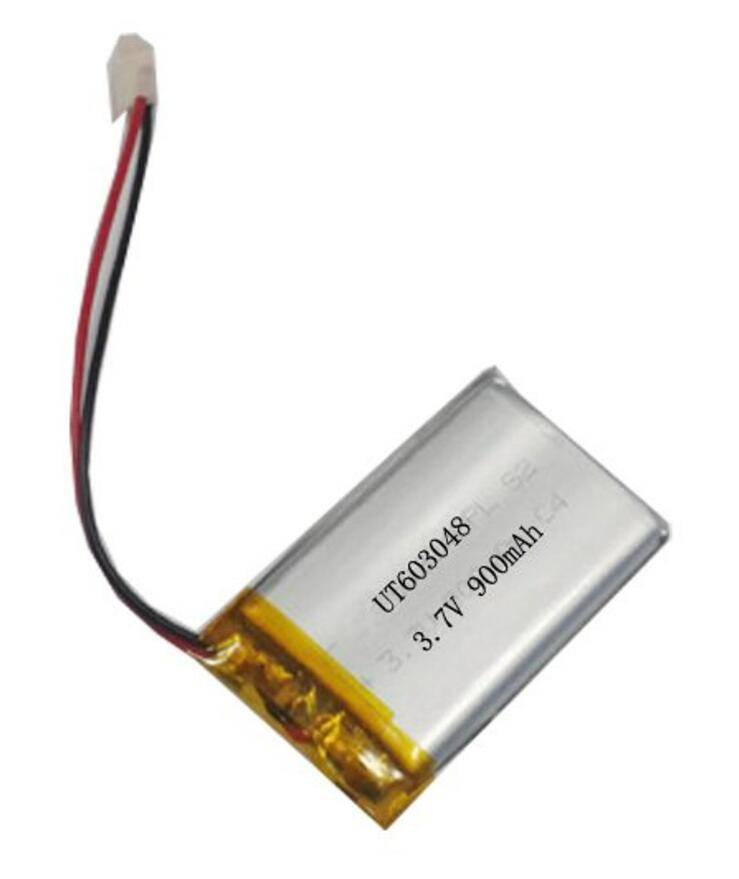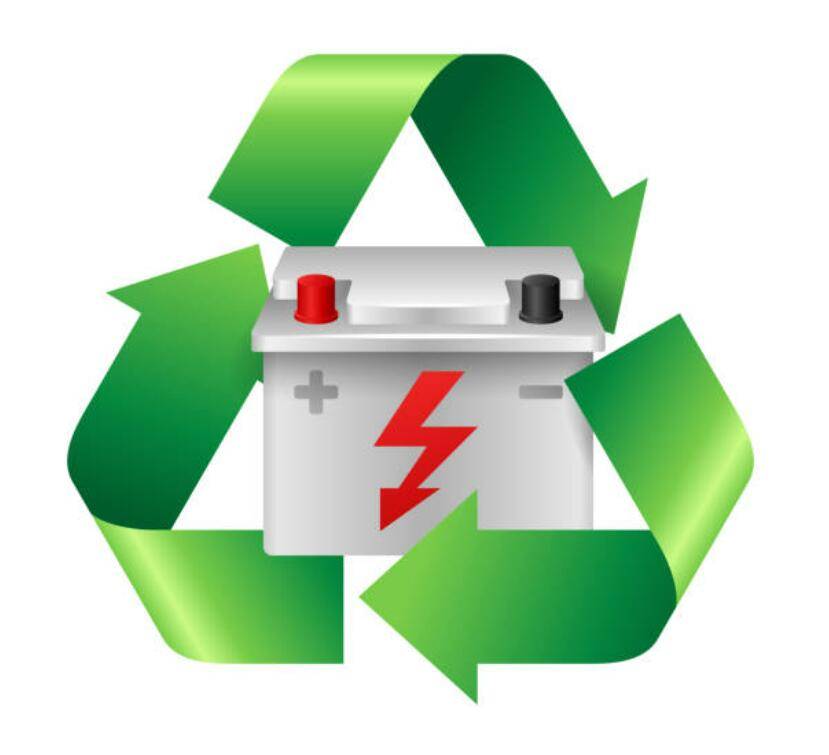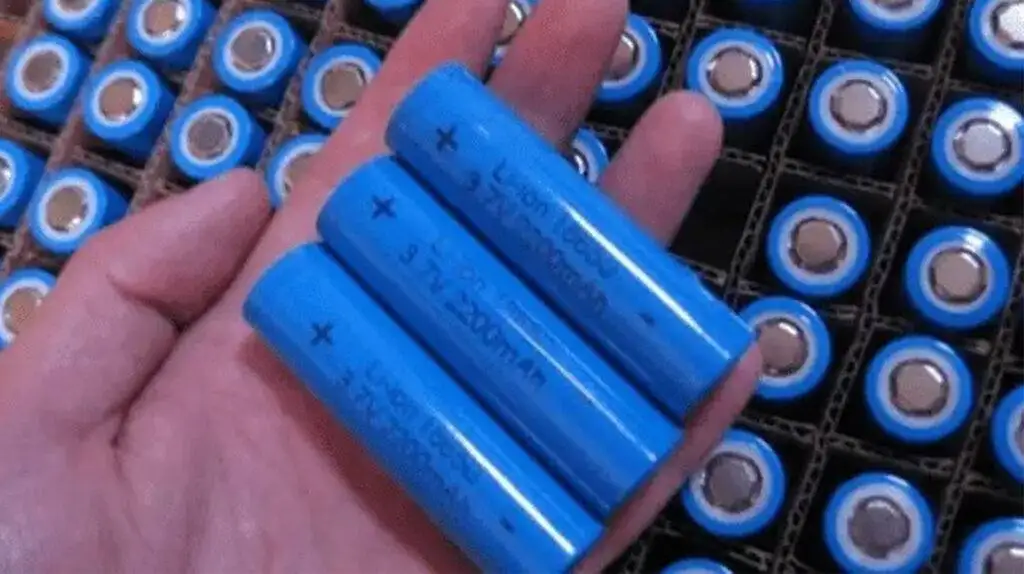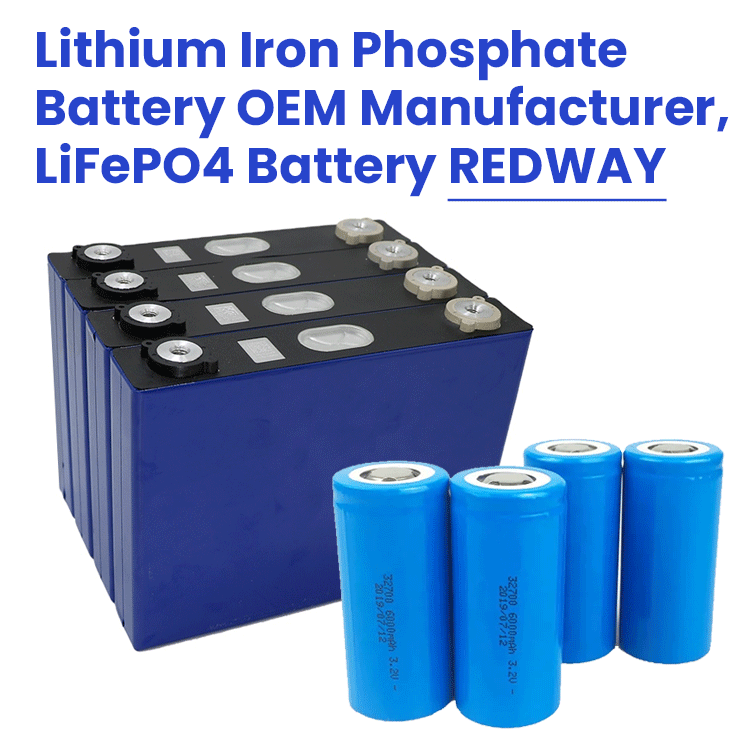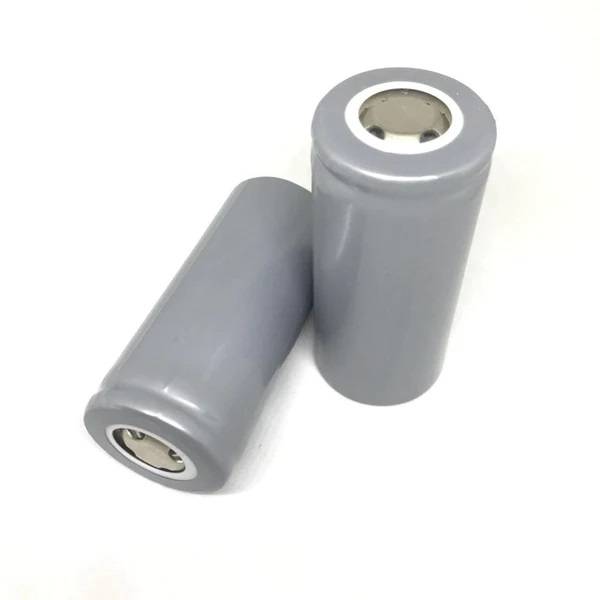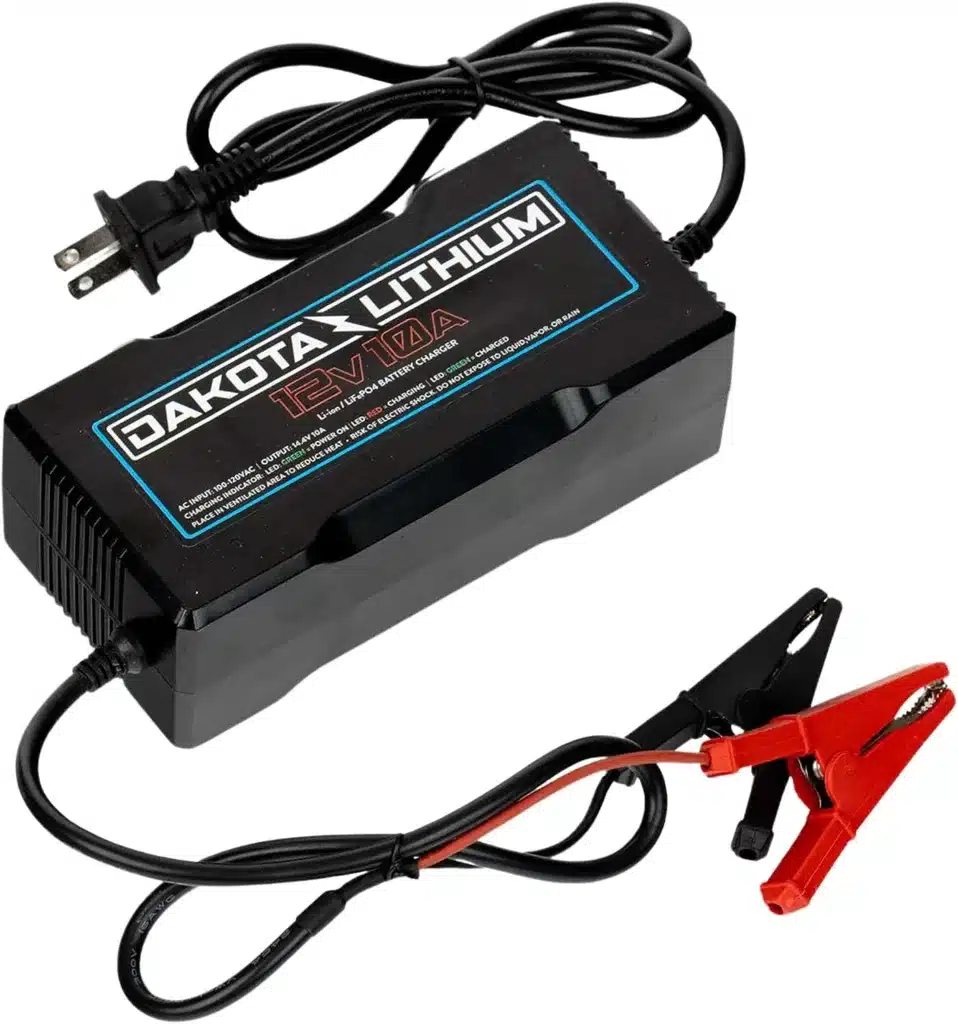Lithium-ion batteries have become an integral part of our lives, powering everything from electric vehicles to consumer electronics. With their rechargeable and portable nature, they offer convenience and longer shelf life. However, there are instances when a lithium battery may fail to charge, leaving users frustrated. In this article, we will explore common reasons for lithium battery charging issues and provide practical troubleshooting tips to revive your battery. Additionally, we will answer the top 10 questions that wholesale buyers of lithium batteries may have.

Over time, several factors can contribute to the decline in the performance and charging ability of a lithium-ion battery. One common issue is incorrect cell voltage, where charging the battery at a higher or lower voltage than recommended can lead to overheating or reduced charging capacity. Extreme temperature changes can also impact the longevity of the battery, causing it to deteriorate more quickly. Furthermore, lithium-ion batteries have a limited shelf life, and constant recharging can affect their overall durability. Mechanical stress from prolonged usage can lead to battery failure as well.
To troubleshoot a lithium battery that is not charging, there are a few possible causes to consider. Firstly, a faulty charger may be the culprit. Testing the battery with an alternative charger can help determine if this is the issue. Another possibility is a failure in the Battery Management System (BMS), the software that manages the battery’s functions. In such cases, a visit to the service center may be necessary to update the BMS. Additionally, damage to the charge/discharge cable can hinder the battery’s charging ability, and replacing or repairing the cable may be required. Finally, if the battery cells have been deeply discharged or if there are high concentrations of inactive lithium cells, it may not be possible to revive the battery.
If you find that your lithium battery is not picking up a charge, there are a few steps you can take to potentially revive it. Using a low-volt charger specifically designed for idle batteries can slowly introduce a nominal charge without overwhelming the battery. Charging the battery to 80-90% capacity and allowing it to rest for a couple of hours before use can also help stabilize its chemical components. Monitoring the discharge rate during the first use after revival can help identify any abnormal consumption.
To determine if your device needs a new battery or charger, observe the charging status displayed on the device. If there is no activity while connected to a charger, a new battery may be necessary. Slow charging or frequent disconnections may indicate the need for a new charger. Testing the adapter and USB cable separately can help pinpoint the faulty component.
Working with a non-functioning lithium battery requires caution. Ensure that the battery is not physically damaged or deformed before attempting any revival methods. Use safety gloves to avoid accidental contact with the battery’s chemicals. Avoid opening the battery, as this can lead to leakage and potential fire hazards. Keep flammable objects away from the workspace and choose a well-ventilated area to minimize the risk of thermal runaway. Never leave the battery unattended during the charging process, and discontinue revival attempts if the battery becomes excessively heated or emits a burnt smell.
For wholesale buyers of lithium batteries, here are the top 10 questions and answers you may find helpful:
1. What is the average lifespan of a lithium battery?
Lithium-ion batteries typically have a lifespan of 2 to 10 years, depending on usage and maintenance.
2. How can I extend the lifespan of my lithium battery?
Avoid extreme temperatures, maintain a regular charging routine, and store the battery with a charge level between 30-50%.
3. Can a deeply discharged lithium battery be revived?
In some cases, it may be possible to revive a deeply discharged lithium battery using specialized charging methods. However, success is not guaranteed.
4. What is the ideal charging voltage for a lithium battery?
The ideal charging voltage for a lithium battery varies depending on the specific model. It is crucial to refer to the manufacturer’s guidelines for the correct charging voltage.
5. Can I use any charger for my lithium battery?
It is recommended to use the charger provided by the manufacturer or a compatible charger specifically designed for your lithium battery to ensure safe and optimal charging.
6. Is it safe to charge a lithium battery overnight?
While lithium batteries have built-in safety mechanisms, it is generally not recommended to charge them overnight to prevent potential hazards.
7. What are the risks associated with mishandling lithium batteries?
Mishandling lithium batteries can result in short circuits, thermal runaway, leakage of hazardous chemicals, and even fire. Following proper safety guidelines is crucial.
8. Can lithium batteries be recycled?
Yes, lithium batteries can and should be recycled to reduce environmental impact. Many recycling centers accept lithium batteries for proper disposal.
9. Are there any alternatives to lithium batteries?
There are alternative battery technologies available, such as nickel-metal hydride (NiMH) and solid-state batteries, but lithium-ion batteries remain the most widely used and efficient option.
10. Where can I find reputable suppliers for wholesale lithium batteries?
Research and reach out to reputable battery manufacturers and distributors with a proven track record in producing high-quality lithium batteries. Reading customer reviews and checking certifications can help in making an informed decision.
In conclusion, understanding the reasons behind a lithium battery’s failure to charge and implementing appropriate troubleshooting methods can help revive the battery’s functionality. It is important to follow safety guidelines and seek professional assistance if necessary. For wholesale buyers, thorough research and careful selection of reputable suppliers are crucial for obtaining reliable lithium batteries.

